Data scientists, Data Analysts, and In-house CRO teams play a significant role in acquiring, organizing, analyzing, and interpreting companies’ business-related issues. Even though their jobs may sound similar, they handle different aspects of research and development in an organization. This article will help you understand their similarities and dissimilarities and guide you to choose your company’s best research and development team.
What exactly is a CRO?
CRO is stands for Conversion Rate Optimization. On a website or mobile application, CRO improves the overall percentage of conversion.
In the Conversion process, those users who visit a seller’s portal convert into potential consumers. As expected, the users may buy a specific product from the seller’s portal, thus transforming them into potential customers.
Initially, potential consumers visit a website to compare an item’s price to other websites selling the same thing; they search for discounts and offers.
And sometimes, the consumers are merely browsing what kind of products the online portal is offering.
Who works in the CRO Team?
The CRO team has various departments, where team members research, develop models, and create customized tools and templates to suit a company’s needs. The team comprises of the following members who work at different levels, and they are:
Web Developer
When the seller surf for specific tools or platforms to digitally market his products, manage database, improve sales, in that case, several readymade options/templates are available.
However, these pre-defined set of tools or platforms have their limitations. When a seller’s business gradually grows, he would need customized tools to get things done correctly.
A web developer examines various aspects of the seller’s business, discusses the cost, does a thorough assessment of the seller’s website’s infrastructure, and provides him with a customized version of templates to suit the seller’s business.
UX Expert
UX Expert’s job is to ultimately acquire and integrate a product, including branding, design, total usability, and full functionality.
A UX Expert has to bring an application or website to its maximum usefulness and present it to the user. It studies user behavior and fixes the points from where the visitors usually drop.
They understand sellers’ needs, generate out-of-the-box ideas to solve their problems, make prototype designs, and test those designs on the users to know how the final model will work.
Q.A. Engineer
Quality assurance engineer (Q.A) is the part of every project right from the beginning.
The role of a Q.A. engineer in a CRO team is to continuously perform end-to-end testing of the client’s (seller’s) website and closely follow the web developer and UX Expert who keeps coming up with new modifications.After the quality assurance process is over, the next process is to test, verify, and thoroughly validate the products.
Data Analyst
In a CRO team, Data analyst has paramount importance. He assesses and analyzes the data of the website to come up with a substantial report, for example, marketing reports, database reports. The job of a Data Analyst is to deliver daily or monthly reports on time. Data Analyst observes user behavior patterns thoroughly. Data Analysts use statistical methods to interpret data, analyze them and create business-related reports. They team up with stakeholders of other departments of an organization. The marketers, sales-people and data architects, and database developers from the data science department create reports. Data Analysts handle the data collection system, maintain databases, and enhance statistical productivity and quality.
Web-developer, UX Experts, and Data analysts must work together to reach the client’s (seller’s) business goals. Data analyst designs and maintains the databases and the related systems and helps fix code errors and other data issues. Getting data from primary and secondary sources and then rearranging it in a layout that the humans and machine can easily comprehend are essential skills of a data analyst in a CRO team.
CRO Manager
This one is self-explanatory. Every team must have a coordinator who guides, manages and directs other team members accordingly. The CRO manager supervises the entire product development process, right from the requirements to the final optimizations.
He reports about the current optimization status to the clients. The CRO Manager takes the final responsibility of mediating between the company’s executives (clients) and the CRO team.
He explains everything in the most straightforward language to the executives and what the company can do to enhance it. Hence, the CRO manager is leading the team to find the best possible solution for the clients.
Who can be Your CRO manager?
A CRO team manager needs to have a substantial amount of experience under his name. He must lead the team and know how to churn out the results before the deadlines.
His ability to interact with clients and explain complex, intricate technical details in the simplest possible way and his capacity to work smoothly with a team are essential qualities of a CRO manager.
Data scientists can develop algorithms according to a company’s customized business needs, acquire customers and drive online traffic to the website. Data scientists can expand many possibilities if he includes a CRO team, but it is vital to understand whether the CRO team is ready for a data scientist. The company’s executive should do a thorough assessment of his in-house CRO team and the goals that have been achieved so far.
If the team is still working on the basics like content optimizations, removing visual distractions, and improving user experience, it would be too early to include a data scientist. In case the in-house CRO team efficiently handle the exhaustive research of the marketing field, and carries out the testing and implementation of the customized software required to manage the company’s various departments, then, there is no need to include a Data scientist at this stage. Even if the inclusion of a Data scientist can expand many possibilities in the research department of a company. This process answers our very first question that who is the best for our online business.
Difference between a Data Scientist And Data Analyst
Data scientists and Data analysts work as per the needs of a company. A Data scientist’s significant role is to arrange and organize a sizable amount of raw data through an application (software), process the raw data, and model the information to interpret the final results to find a solution for the company’s needs. With the help of a business model, Data scientists search for answers to business-related queries. They work on tools like Tableau, Python, hive, Excel, Hadoop, and more. These tools help to simplify the raw data and create a predictive business model.
Conclusion
These days e-commerce websites and digital marketing go hand-in-hand. No business can survive for a long time without digital marketing. Companies need user-friendly websites that work as a selling platform and collect essential sales and customer behavior data. And to deal with a large amount of data, companies also need a robust and dynamic database management system. Therefore, it is the foremost requirement of any company to hire the best team to build a user-friendly website and a database management system (DBMS) that can handle various data collection and research areas.
The team includes A web developer, U.X. expert, Q.A. Engineer, Data Analyst, CRO manager. They work on different levels. They build the system, test them at various levels to provide an error-free online portal and a database management system. This team is known as the CRO team and is led by a CRO manager who supervises all the levels. While the web developer, U.X. expert, Q.A. Engineer handles the technical side, the Data Analyst analysis the data to prepare reports that work as a catalyst for a company to make decisions regarding the products and sales.
So, the question arises Data scientist, Analyst, or a CRO team, which one to choose? Who is the best for your business?
- Data Analyst analyses huge data sets to specify trends, prepare charts, design visual demonstrations to guide companies to take tactical decisions.
- Data scientist, uses prototypes, predictive models, customized analysis to design a new process for data modeling. Data scientists create new algorithms. They must be able to extract data from predictive models to solve complex problems of enterprises.
- CRO team handles the product development process at various levels.
- The team also has a data analyst but if an enterprise incorporates a data scientist then there are many possibilities in the research and development of the company.
To get more guidance regarding CRO, click here for more details!










.png)



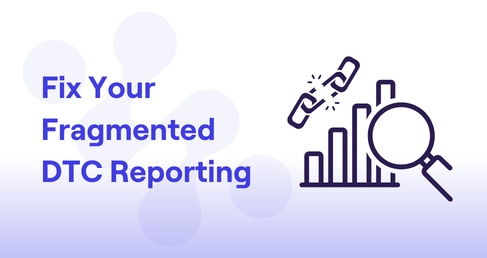
.png)

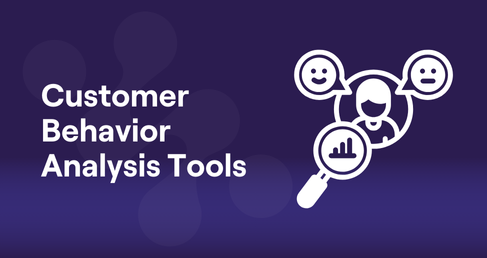
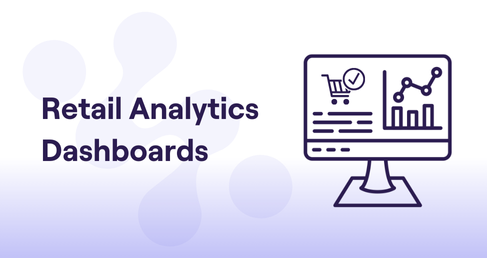


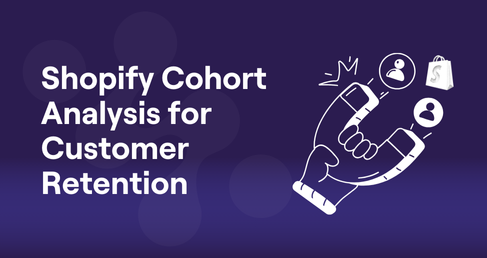

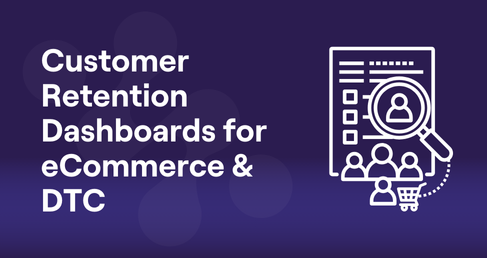

.png)
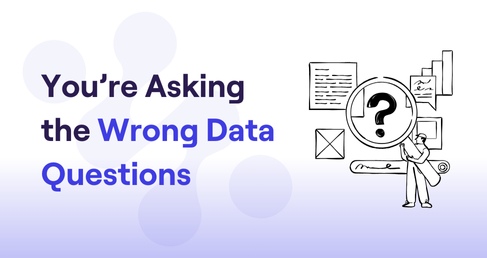
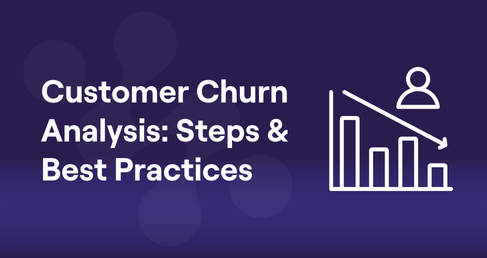
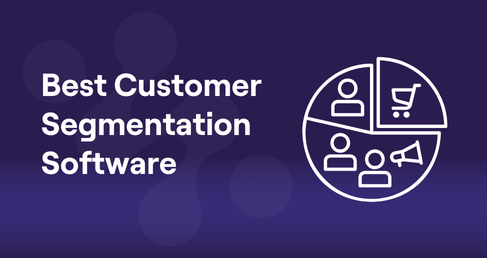


.png)



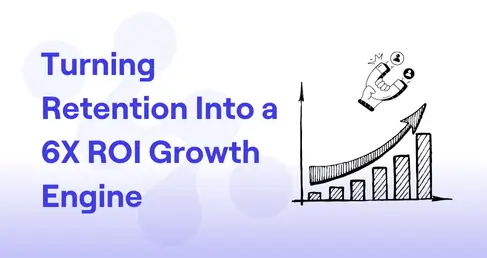

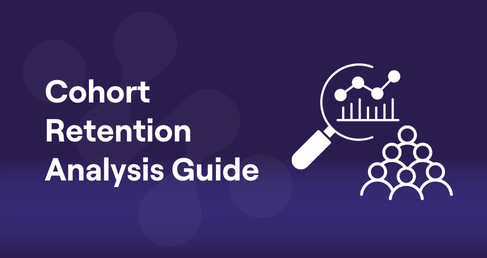
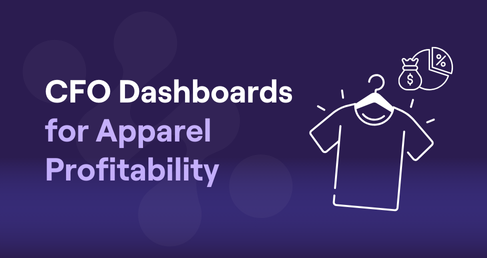


.webp)

.avif)





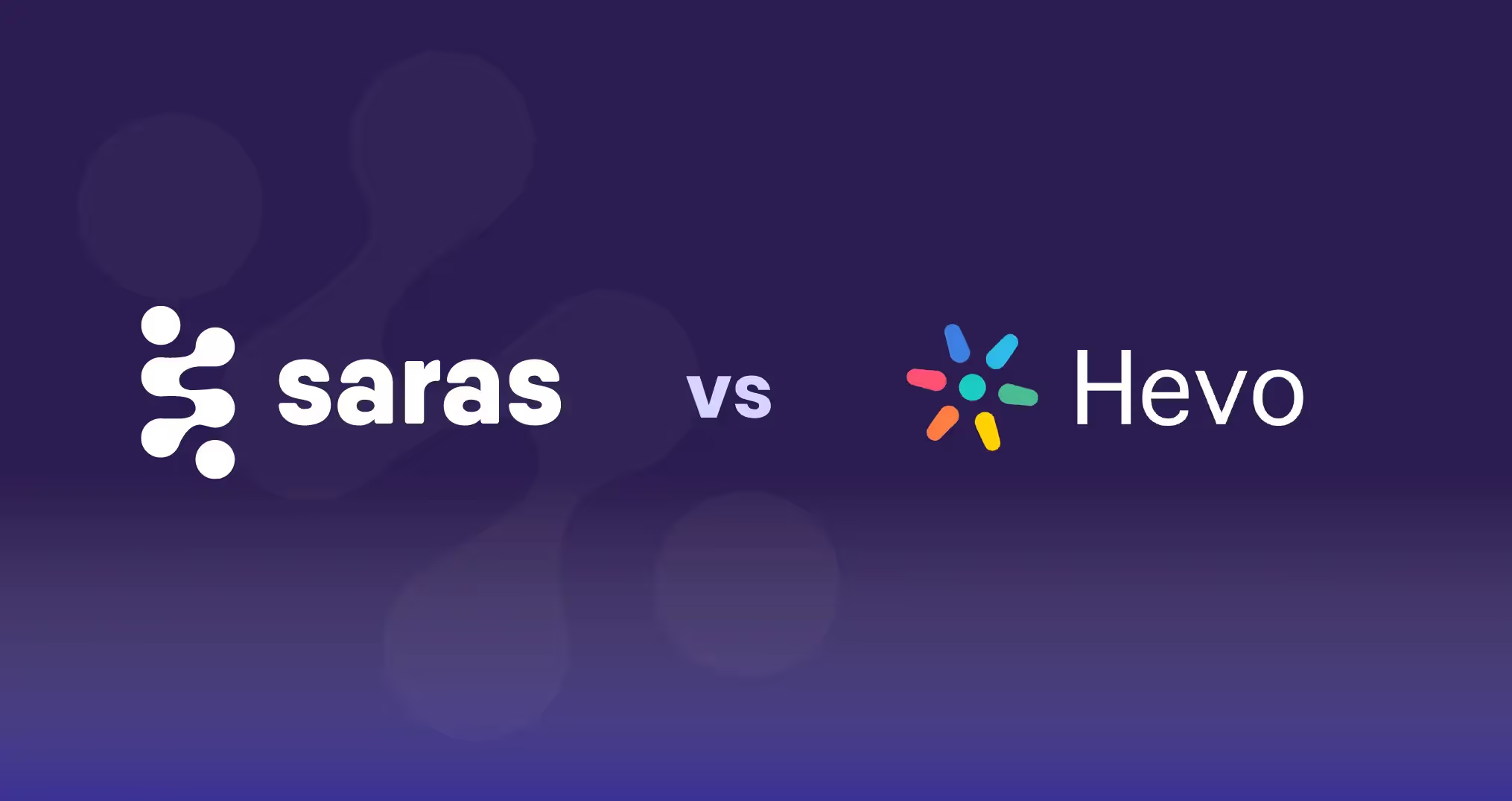



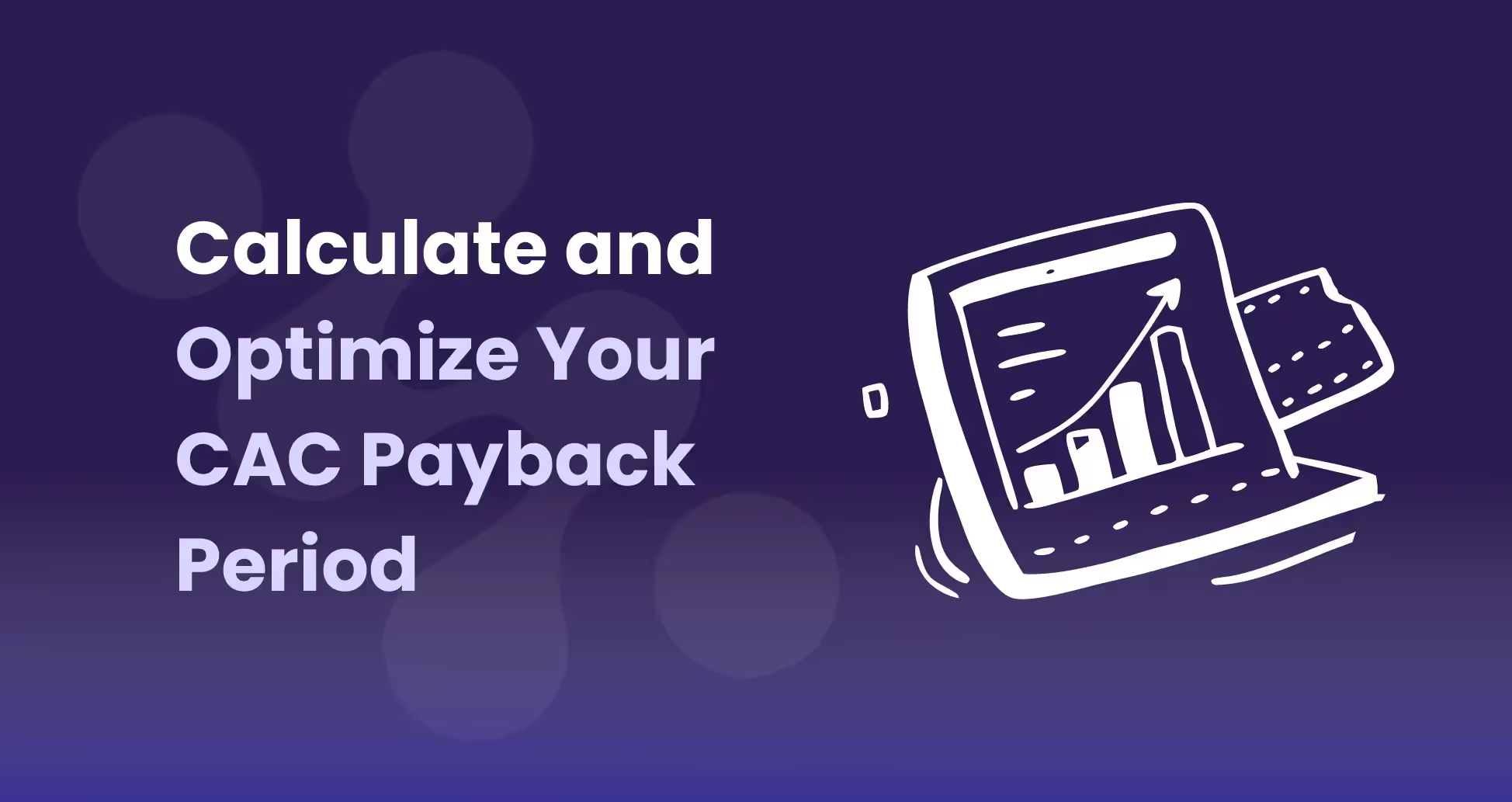




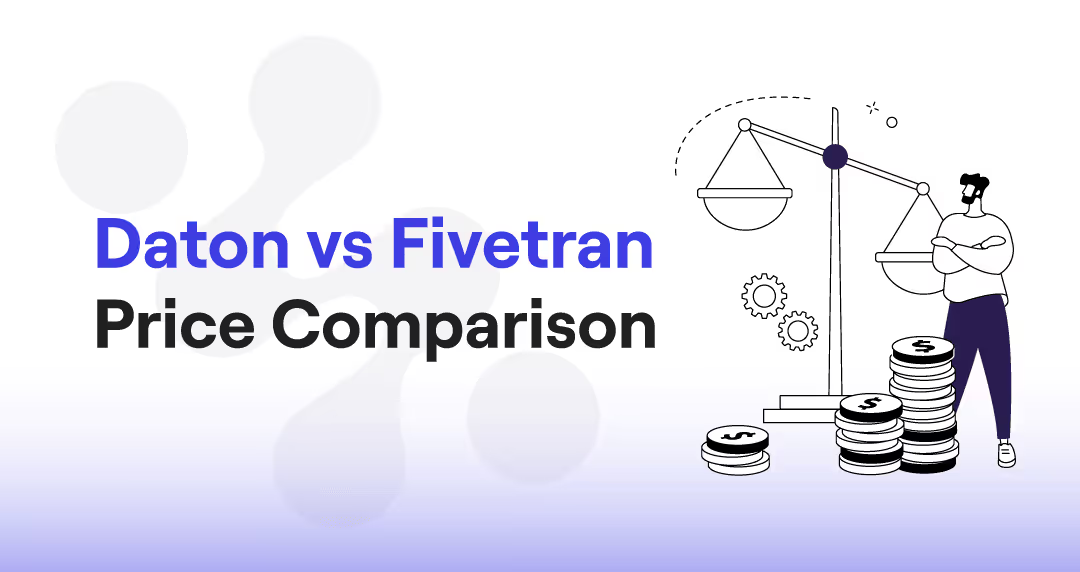

.avif)

.avif)
.avif)
.avif)
.avif)
%20(1).avif)
.avif)
%20(1).avif)
%20(1).avif)





.avif)





.avif)



























